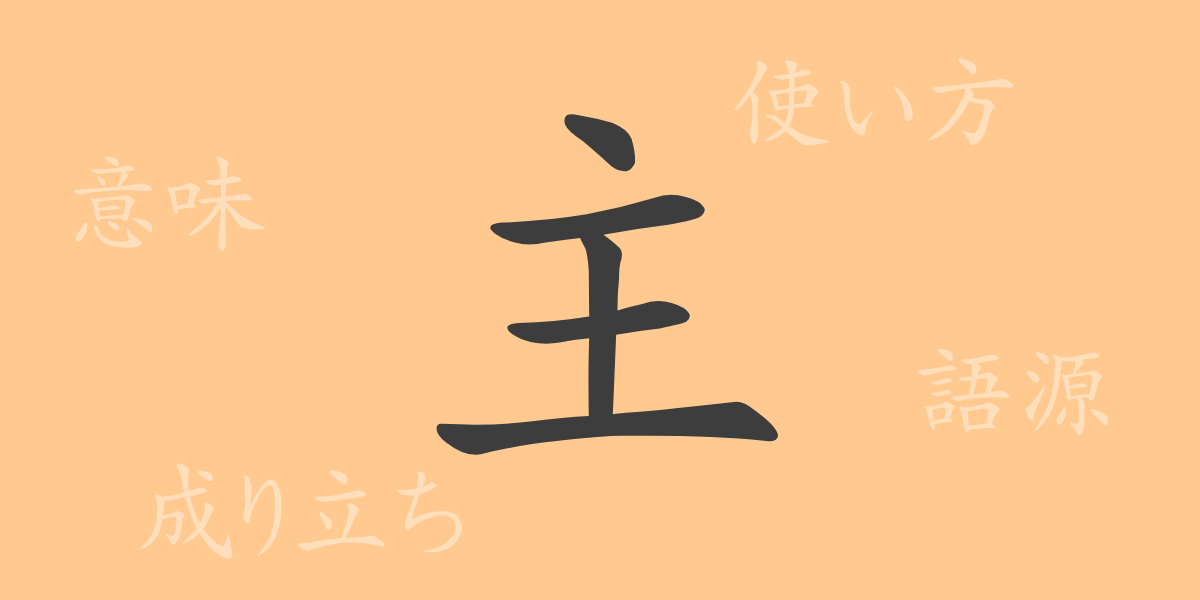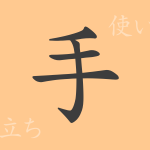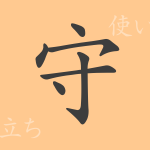The Japanese language is renowned worldwide for the profound meanings embedded in each kanji character. The common kanji “主(ぬし)” is no exception. Frequently used in everyday conversation and writing, this kanji, with its simple form, possesses a surprisingly rich expressive power. This article delves into the origins, meanings, usage, readings, and idioms and proverbs involving “主(ぬし),” revealing the depth of this single character.
Origin of 主(ぬし) (Etymology)
The kanji “主(ぬし)” originated in ancient China, derived from a pictograph representing an arrowhead. Over time, it evolved to mean the head of a household who protects family and livestock, and further expanded to signify the center or main element of things. Thus, “主(ぬし)” has continuously broadened its meanings through the ages.
Meanings and Usage of 主(ぬし)
In modern Japanese, “主(ぬし)” signifies a person or thing that is central or primary, as seen in words like “主人(しゅじん)” (master), “主張(しゅちょう)” (assertion), and “主体(しゅたい)” (main body). It also commonly refers to leading or principal entities. The wide range of meanings allows for its application in various contexts.
Readings, Stroke Count, and Radical of 主(ぬし)
While “主(ぬし)” is a well-known kanji in Japanese, let’s explore its detailed characteristics.
- Readings: The on’yomi (音読み) is “シュ,” and the kun’yomi (訓読み) are “ぬし” and “おも.”
- Stroke count: “主(ぬし)” consists of 5 strokes.
- Radical: The radical is “丶” (てん).
Idioms, Phrases, and Proverbs Using 主(ぬし)
The extensive use of “主(ぬし)” is evident in various idioms, phrases, and proverbs. For example, “主張する(しゅちょうする)” means to assert one’s opinion clearly, “主体性(しゅたいせい)” refers to the ability to think and act independently, “主水主(ぬしおもぬし)” denotes the main part of something, and “主客転倒(しゅかくてんとう)” describes a situation where the original master-servant relationship is reversed. These expressions highlight the richness of the Japanese language.
Conclusion on 主(ぬし)
This article has deepened our understanding of the history, meanings, and uses of the kanji “主(ぬし).” Despite its seemingly simple form, it encompasses a long history and cultural significance, showcasing the power of language. Each kanji character in Japanese harbors such narratives, enriching the language’s complexity and beauty.

























